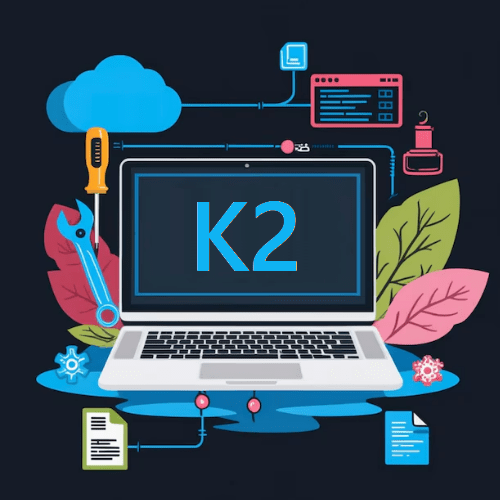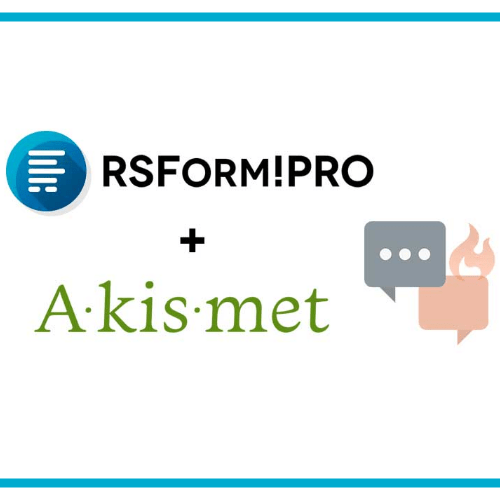Joomla is an open-source content management system (CMS) that allows users to build and manage websites and online applications. Its versatility and powerful features make it suitable for a variety of websites, from small personal blogs to large corporate portals.
Joomla includes a robust user management system, allowing administrators to assign different access levels and permissions, making it ideal for sites with multiple contributors.
With a wide array of customizable templates, users can easily change the look and feel of their website. This adaptability helps create unique branding and enhances user experience.
4
Multilingual Capabilities
Joomla natively supports multiple languages, allowing you to build global websites that cater to diverse audiences without needing third-party extensions.
Joomla provides tools for URL rewriting, metadata management, and more, helping users enhance their site’s search engine visibility.
Joomla has built-in security features, including user authentication and secure login options. Regular updates help address vulnerabilities, ensuring a safer web environment.
7
Advanced Content Management
Users can create, manage, and publish content easily with Joomla’s comprehensive article management system, including categories, tags, and custom fields.
Joomla offers a built-in help system that provides users with guidance and tips throughout the website-building process.
Joomla allows you to keep track of different versions of your articles. This feature is invaluable for managing changes, allowing you to revert to previous versions if needed.
10
Access Control Levels (ACL)
Joomla's ACL feature allows you to set specific permissions for different user groups, enhancing security and content management.








